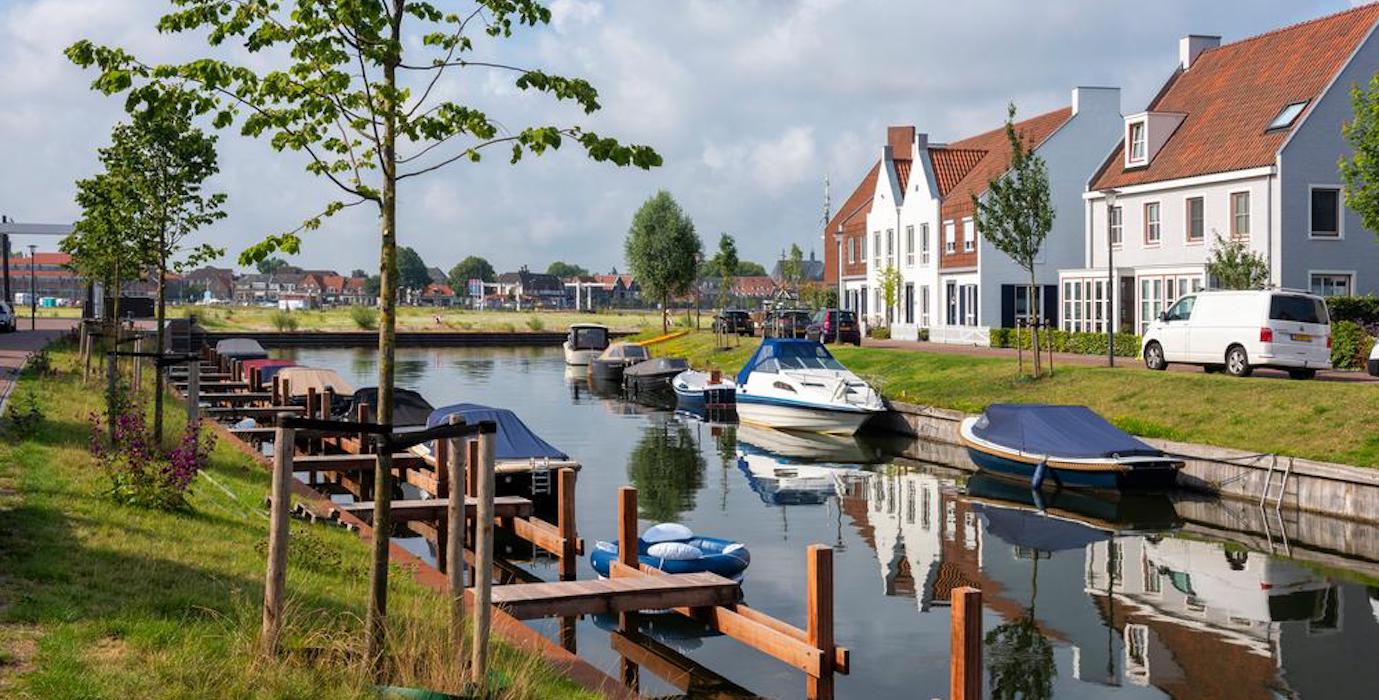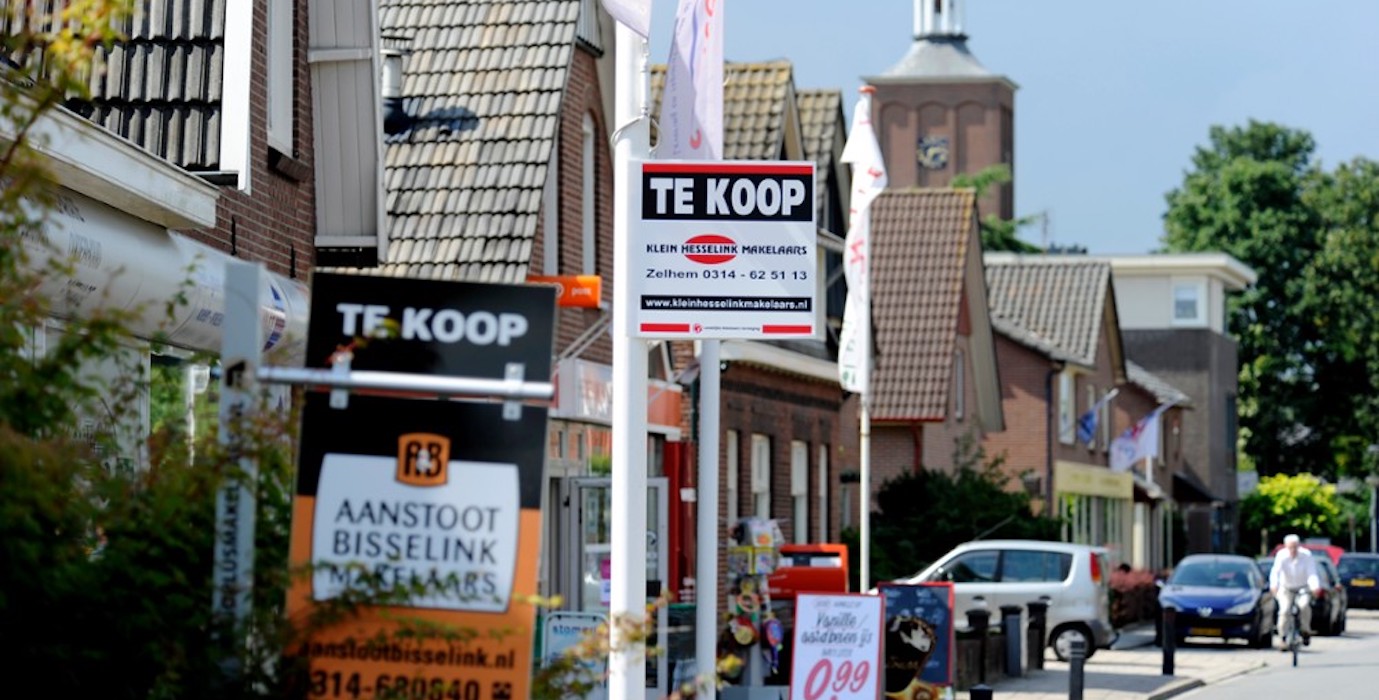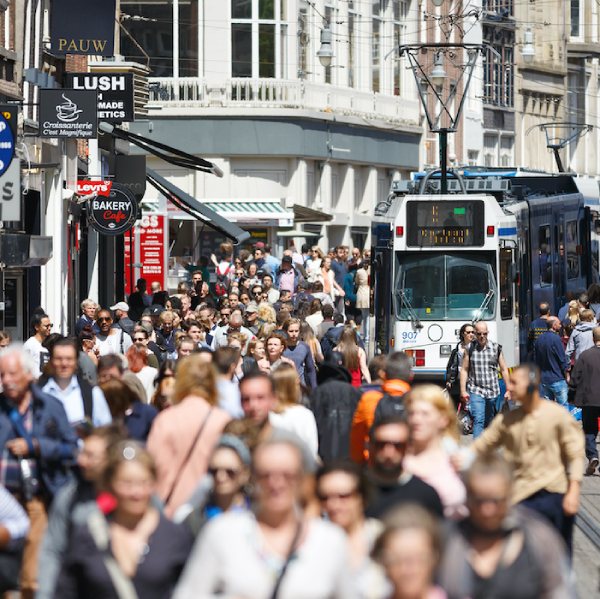Finding a place to live is one of the biggest steps of a new international adventure, and where you choose to live will have a big impact on your lifestyle. You might want a cosy one-bedroom apartment in the bustling city centre or a large family home with a meadow view. Either way, there are plenty of options if you know where to look.
Quickly go to
-
Renting a house or apartment
-
Social housing, private sector and housing associations
-
The Rent Act (Huurwet)
-
Rental allowance (huurtoeslag)
-
Getting a mortgage
-
Relevant websites
-
Discover more what it's like to live in the Netherlands






